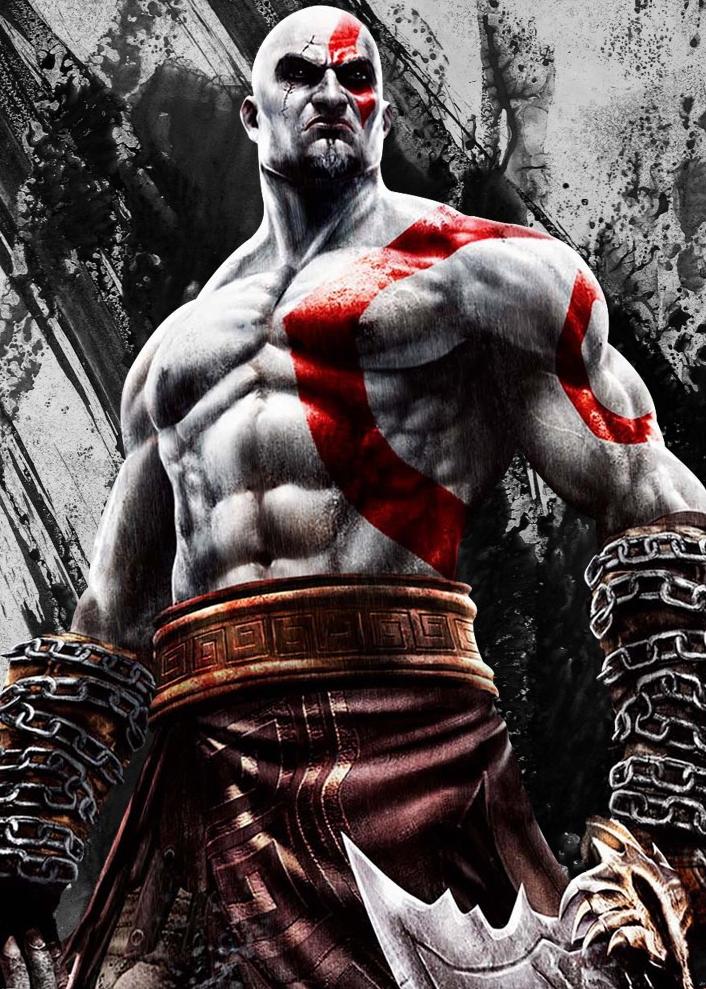

Hoping at least to speak to some members of his class, he is accosted by them for his poor manner and informed that they are all aristocrats that are discussing matters of much import, such as the Carthaginian exploits of their current leader. Desperately trying to escape, he manages to climb out of the jail and run to the harbour, where he is immediately greeted by another group of merchants. Upon asking to be tried by the Metic Court, his troubles only grow more when he is informed that no such thing exists and the Citizens of Eretria will be trying him. Realizing that he must be in the midst of some barbarian takeover, he immediately tackles the Illyrian and is promptly arrested by citizens, who throw him in the local jail. Although near fainting again, he manages to get himself up before seeing an Illyrian-capped man. When he awakes, he is immediately accosted by a woman without a chaperone, who tells him that his fainting is blocking the view to the speaking of the representative of the metics in the middle of the crowd.

Convinced at this point that at some point during his journey he died, and this is simply an interlude before Hades, the Hellene passes out from heat stroke. One of the cavalrymen approaches the horse, gets on top of it, and begins to address the crowd in perfect traditional oratory. At this point already hopelessly confused, the Hellene is on the verge of vomiting as he sees a group of men carry what appears to be a stone idol of a horse to the center of the assembly. Apopleptic and absolutely furious, he leaves the home of Drako abruptly, only to be greeted by a cavalryman just on his horse trundling through the city, with a wide-brimmed hat.Ĭonvinced that this cavalryman is a Barbarian, he runs to the gathering assembly to warn them, only to be pushed aside by more cavalrymen, all dismounting off their horses, still wearing their wide-brimmed hats, and jostling through the crowd. This is all particularly bad because the Hellene is not able to simply dismiss the city as a failed experiment, as some kind of not normal thing that is absolutely wrong, but must conclude that from its many victories it must have some support from the Gods, which is beginning to cause a blood clot to form in his brain. Everything is precisely as he would expect it to be in a Hellene city, and yet in front of him, in front of his face, sits a man who talks like a Greek, walks like a Greek, is by every account a Greek, and yet he has a beard that is not only not Greek, but must have been concocted by some particularly mischievous god as a joke.
#Sufficient velocity magna graecia full#
Rather than wearing the curly beard of Greekness, Drako is wearing a thick chin curtain, looking rather more like Honest Abe than Themistokles.Īt this point the Hellene merchant is in a full state of shock. But then he sees Drako, and he is struck speechless.

He is comforted by the Hellenic style of the villa, the good behavior of the women and the servants and the whole Oikos, and indeed the food is good.

Already terribly frightened by what he sees as essentially a city of Barbarians pretending to be Greeks, with all these bizarre, almost Italic rituals and just looseness which he absolutely despises, he goes to the home of Drako. A prominent Hellene merchant who arrives in Eretria is invited to the home of Drako. Athens is the baseline for Greek radicalism, and Eretria surpassed that from the very founding of the city its political performances are performative, the theater's role is marginal, its rituals are far more ad-hoc and less ritualized than in the rest of the Greek World, its cult scene is violently sacrilegious.Īs I spoke to last night, there is a possible anecdote that can help reveal things. In almost every way the city's attitude diverge from the rest of Greece, and it is only the relative lack of comprehensive communication between Eretria and the rest of the Greek World that has prevented an uproar. To be honest, most Greeks would find Eretria at best unnerving and at worst an uncanny valley of Barbarians pretending to be citizen Greeks.


 0 kommentar(er)
0 kommentar(er)
